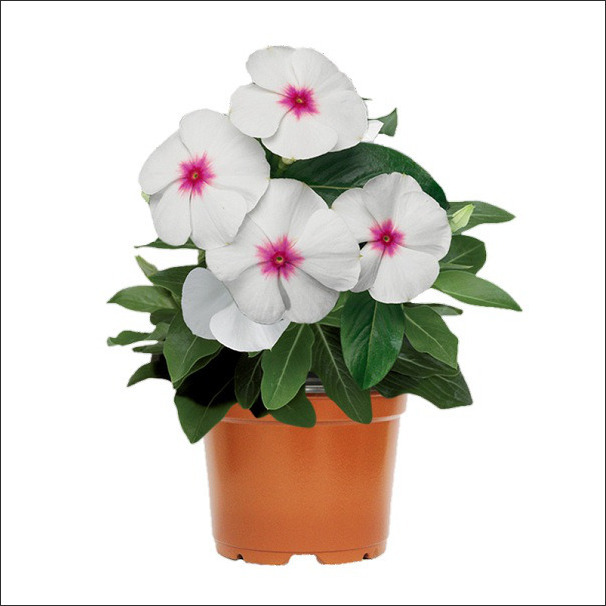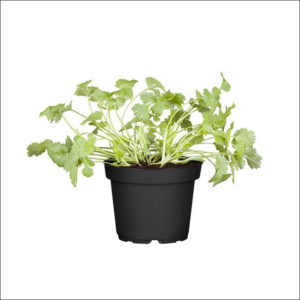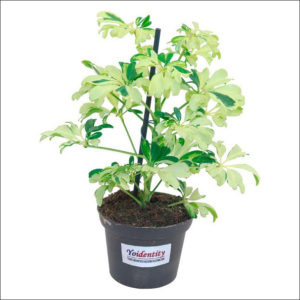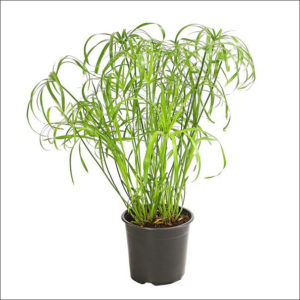Description
Vinca
Wonderful Vinca flowering plant. Abundant blooms and ease of care make vinca an excellent selection if you have little time to tend your garden.
The clear crisp flowers and glossy green leaves of annual vinca are so perfect; you may be tempted to rub them to see if they are real.The plants are grown for its attractive glossy, green foliage, as well as its flowers.
Vinca plants are subshrubs or herbs, and have slender trailing stems 1 to 2 m (3 to 6 feet) long but not growing more than 20 to 70 cm (8 to 30 inches) above ground; the stems frequently take root where they touch the ground, enabling the plant to spread widely. The leaves are opposite, simple broad lanceolate to ovate, 1 to 9 cm (0.25 to 3.5 inches) long and 0.5 to 6 cm (0.25 to 2.25 inches) broad. The flowers, produced through most of the year, are salverform (like those of Phlox), simple, 2.5 to 7 cm (1 to 3 inches) broad, with five petals joined together at the base to form a tube. The fruit consists of a pair of divergent follicles; a dry fruit which is dehiscent along one rupture site in order to release seeds. Annual vinca plants are of the genus Catharanthus, a member of the Apocynaceae family.
Planting and care
- Vinca or Periwinkle will grow in a range of light conditions, from full sun to shade.
- They will do well in average soils. They are both heat and drought tolerant.
- This makes Vinca ideal in hot, dry parts of the country where other flowers will wither and wilt.
- Space Vinca plants 12-15 inches apart. Water well, when planting. Once plants are established, water only during extended droughts.
- Add a general purpose fertilizer once or twice a season.
- Mulch around plants in dry areas to help retain soil moisture.
Water the vinca only when the surrounding soil becomes completely dry. Provide water to the plants only during the morning to allow time for drops of moisture to dry before nightfall. Vinca grows well in any type of soil but sandy loamy, light well-drained soil is preferred. Vinca grows best in full sunlight but partial sunlight is also suited to them.
Fertilize the plants once a month with a 10-10-10 nitrogen, phosphorous, potassium water-soluble fertilizer. Mix 1 teaspoon of fertilizer with 1 gallon of water, or according to the instructions on the package. Apply the fertilizer in place of a watering.
| Sunlight | Full to partial sunlight |
| Watering | Moderate |
| Soil | Sandy loamy soil with pH range 6.5-8 |
| Temperature | 26 to 30 degree C |
| Fertilizer | 10-10-10 nitrogen, phosphorous, potassium water-soluble fertilizer |






Reviews
There are no reviews yet.